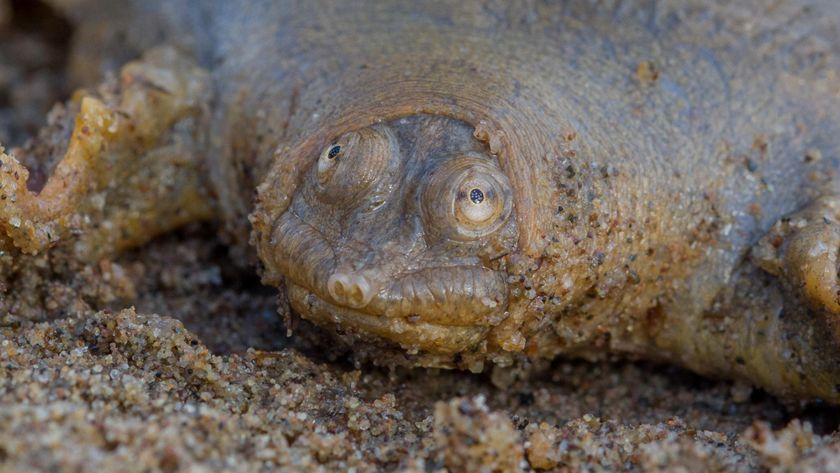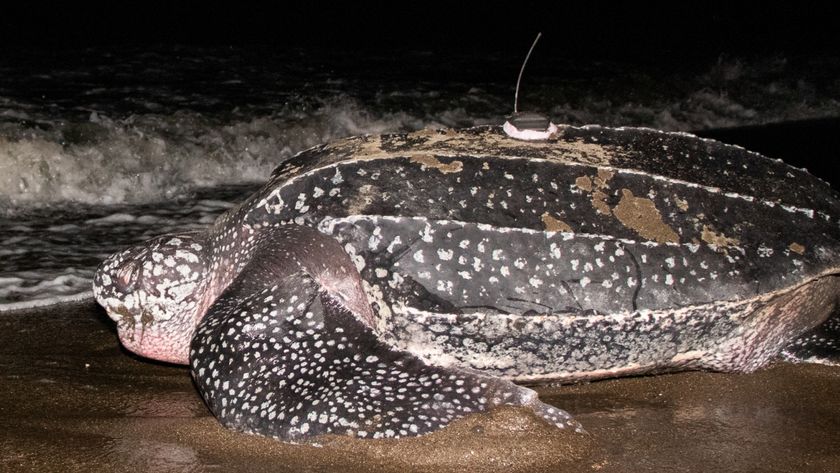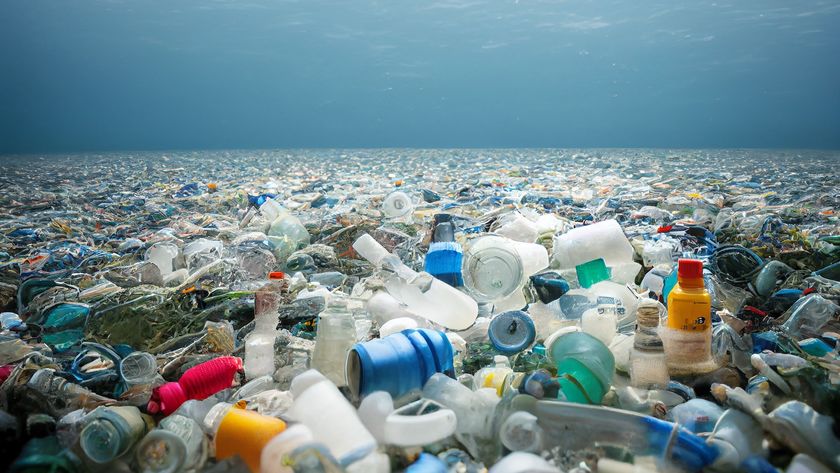
Shell Shock: 25 Turtle Species in Terrible Trouble
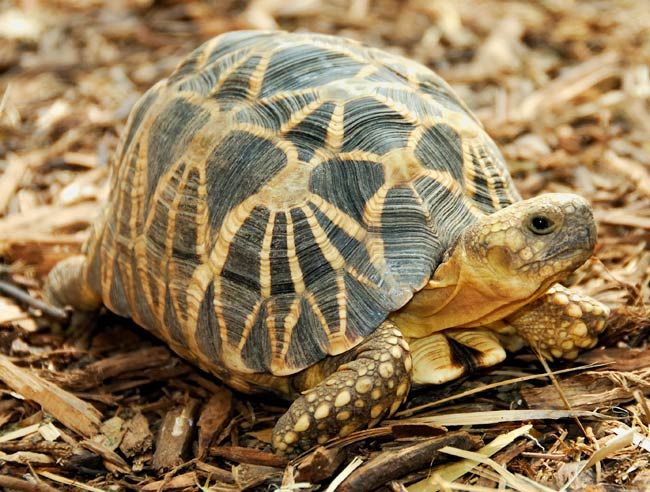
Turtles are among the most endangered vertebrates on Earth: roughly half of the world's 300 species are threatened with extinction. A new report profiles the 25 most vulnerable.
Turtle and tortoise populations have been decimated by illegal hunting— for both food and the pet trade — and habitat loss, and many species will go extinct in the next decade unless drastic conservation measures are taken, according to the new report, issued by a coalition of conservation groups.
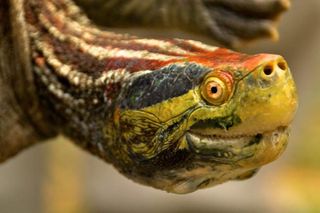
Seventeen of the 25 species in the report are found in Asia, three are from South America, three are from Africa, one is from Australia, and one is native to Central America and Mexico. For some of the species, only a few individuals remain.
Illegal hunting for turtles in Asia for food, pets and traditional medicines is a particular problem, the report says.
"Turtles are being unsustainably hunted throughout Asia," said co-author Brian D. Horne of the Wildlife Conservation Society. "Every tortoise and turtle species in Asia is being impacted in some manner by the international trade in turtles and turtle products."
Horne pointed to his experience at a market in Dhaka, Bangladesh. "We saw close to 100,000 turtles being butchered for consumption during a religious holiday," Horne said, "and we know of at least three other such markets within the city."
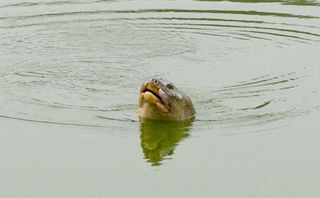
One species on the verge of disappearing is the Yangtze giant softshell turtle. Only four are known left.
Sign up for the Live Science daily newsletter now
Get the world’s most fascinating discoveries delivered straight to your inbox.
Wildlife Conservation Society veterinarians are working with Chinese officials and other partners to breed the last known male/female pair of these giant turtles at China's Suzhou Zoo.
The list of 25 also includes "Lonesome George" — the world's only remaining Abingdon Island giant tortoise. Though scientists disagree as to whether he is a recognized species or a subspecies of Galápagos tortoise, all agree that he is the last of his kind.
"Turtles are wonderfully adapted to defend themselves against predators by hiding in their shells, but this defense mechanism doesn't work against organized, large-scale human hunting efforts," said Liz Bennett, vice president of the WCS Species Program. "The fact is that turtles are being vacuumed up from every nook and cranny in Asia and beyond."
The report says that better enforcement of existing trade laws, habitat protection and captive breeding are all keys to preventing turtle species from going extinct.
This story was provided by OurAmazingPlanet, a sister site to LiveScience.

